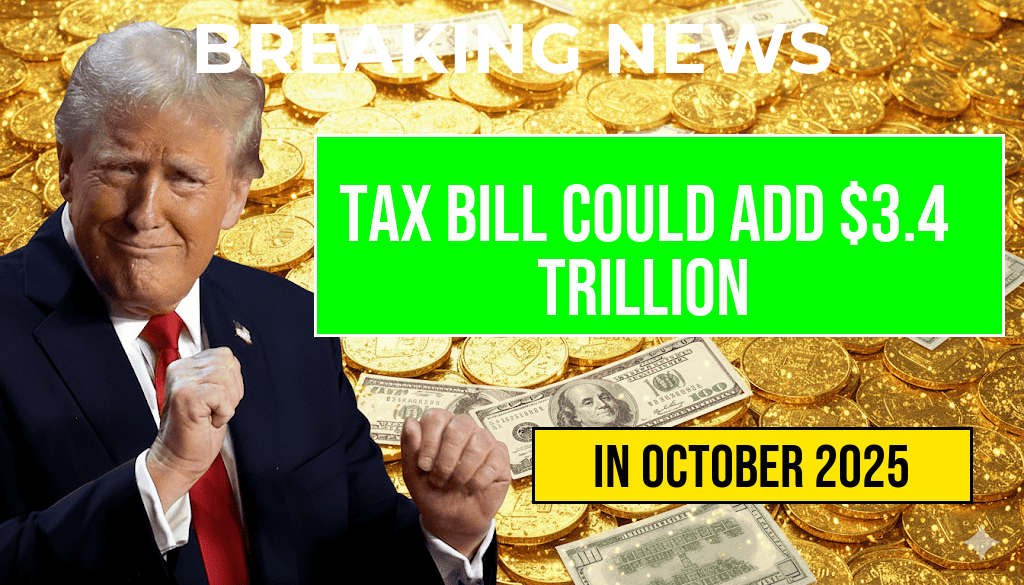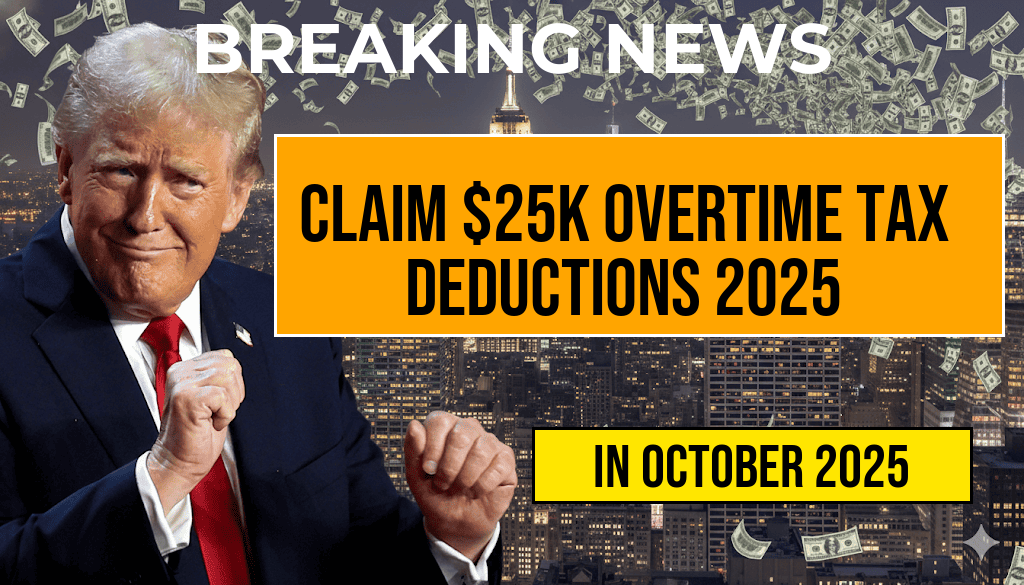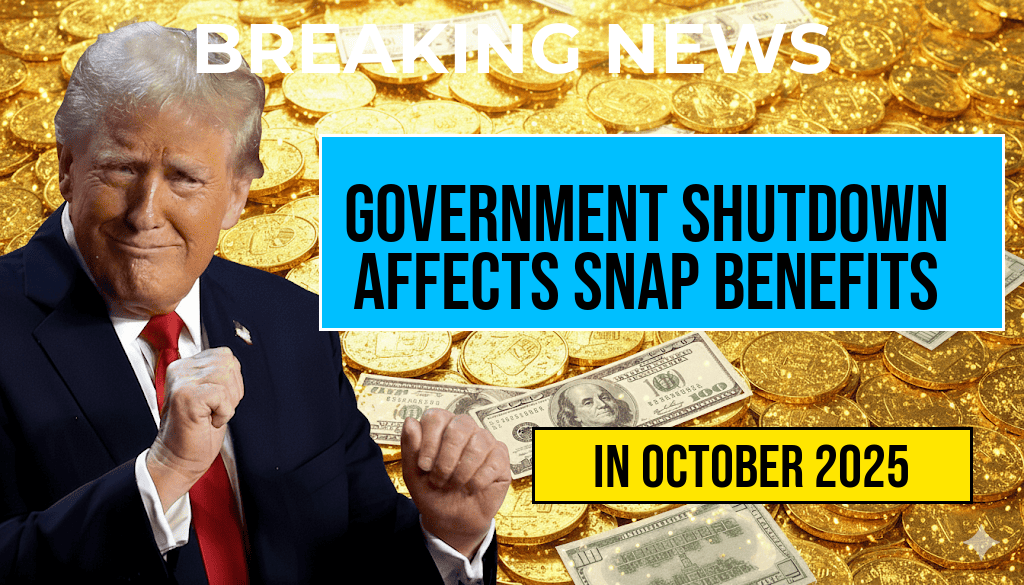Amid growing concerns from economists and fiscal watchdogs, a proposed legislative package dubbed the “One Big Beautiful Bill” could dramatically alter the country’s financial outlook, potentially inflating the federal deficit by as much as $3.4 trillion. While supporters praise the bill for its sweeping reforms and economic stimulus potential, critics warn that its expansive scope and tax provisions could exacerbate national debt levels, threatening long-term fiscal stability. The legislation, currently under debate in Congress, aims to overhaul tax policies, bolster infrastructure spending, and introduce new social programs — but the projected deficit impact has raised alarms across political and financial spectrums.
The Scope and Intent of the ‘One Big Beautiful Bill’
The bill, introduced by a coalition of lawmakers seeking comprehensive economic reform, encompasses a broad range of initiatives designed to stimulate growth and address longstanding disparities. Key provisions include significant tax cuts for corporations and high-income earners, increased investment in infrastructure projects, expanded healthcare access, and enhanced social safety nets. Proponents argue these measures will foster job creation, boost productivity, and modernize outdated systems.
However, the breadth of these reforms comes with a hefty price tag. According to preliminary analyses from the Congressional Budget Office (CBO), the proposed bill could add approximately $3.4 trillion to the federal deficit over the next decade, raising questions about its fiscal responsibility and long-term impacts.
Economic Predictions and Budgetary Impact
Projected Deficit Increase
| Year | Projected Deficit Increase (in trillions USD) |
|---|---|
| 2024 | $0.2 |
| 2025 | $0.4 |
| 2026 | $0.5 |
| 2027 | $0.7 |
| 2028-2033 (cumulative) | $1.6 (additional) |
The cumulative effect over ten years could push the national debt to levels not seen since post-World War II, raising concerns about sustainability and future fiscal flexibility. Economists warn that such a surge in deficits, if not offset by increased revenues or spending cuts elsewhere, may lead to higher interest rates and reduced investor confidence.
Political Reactions and Stakeholder Perspectives
Supporters’ Viewpoints
Advocates for the bill emphasize its potential to modernize the economy and provide relief to marginalized communities. They cite estimates suggesting that investments in infrastructure and social programs could yield long-term economic benefits, including increased GDP growth and job creation. Several lawmakers argue that the bill’s tax cuts will incentivize business expansion and innovation, ultimately leading to broader tax revenues in the future.
Opposition Concerns
Opponents, including some fiscal conservatives and economic experts, contend that the bill’s projected deficit expansion threatens to undermine fiscal discipline. They warn that increased borrowing could lead to a debt spiral, placing burdens on future generations. Critics also question the efficiency of the proposed spending, emphasizing the need for targeted reforms rather than broad, unfunded initiatives.
Expert Analysis and Future Outlook
Financial analysts note that the bill’s impact largely depends on how Congress addresses revenue generation and spending controls. Some suggest that closing tax loopholes and implementing stricter budget oversight could mitigate the deficit increase. Meanwhile, others caution that political negotiations may ultimately dilute the bill’s scope or delay its implementation, complicating efforts to control fiscal fallout.
Institutions such as the Congressional Budget Office and Forbes continue to analyze the legislation’s potential trajectories, emphasizing the importance of balancing economic growth with fiscal responsibility. As debates unfold, the nation watches closely, aware that decisions made today will shape the country’s economic landscape for decades to come.
Frequently Asked Questions
What is the main concern regarding the “One Big Beautiful Bill”?
The primary concern is that the bill could significantly increase the national deficit by approximately three point four trillion dollars.
How might the bill impact the federal budget?
The bill has the potential to expand the deficit considerably, which could lead to long-term economic and fiscal challenges.
Who are the main stakeholders warning about the bill’s effects?
Various taxpayer advocacy groups and fiscal policy experts are warning that the bill could have detrimental impacts on the nation’s finances.
What are the potential economic consequences of increasing the deficit by this amount?
An increase of three point four trillion dollars in the deficit could lead to higher interest rates, reduced public investment, and increased fiscal instability.
Are there any recommended actions for taxpayers or policymakers regarding this bill?
Taxpayers and policymakers are advised to carefully review the bill’s provisions and consider fiscal responsibility to avoid exacerbating the national debt.








